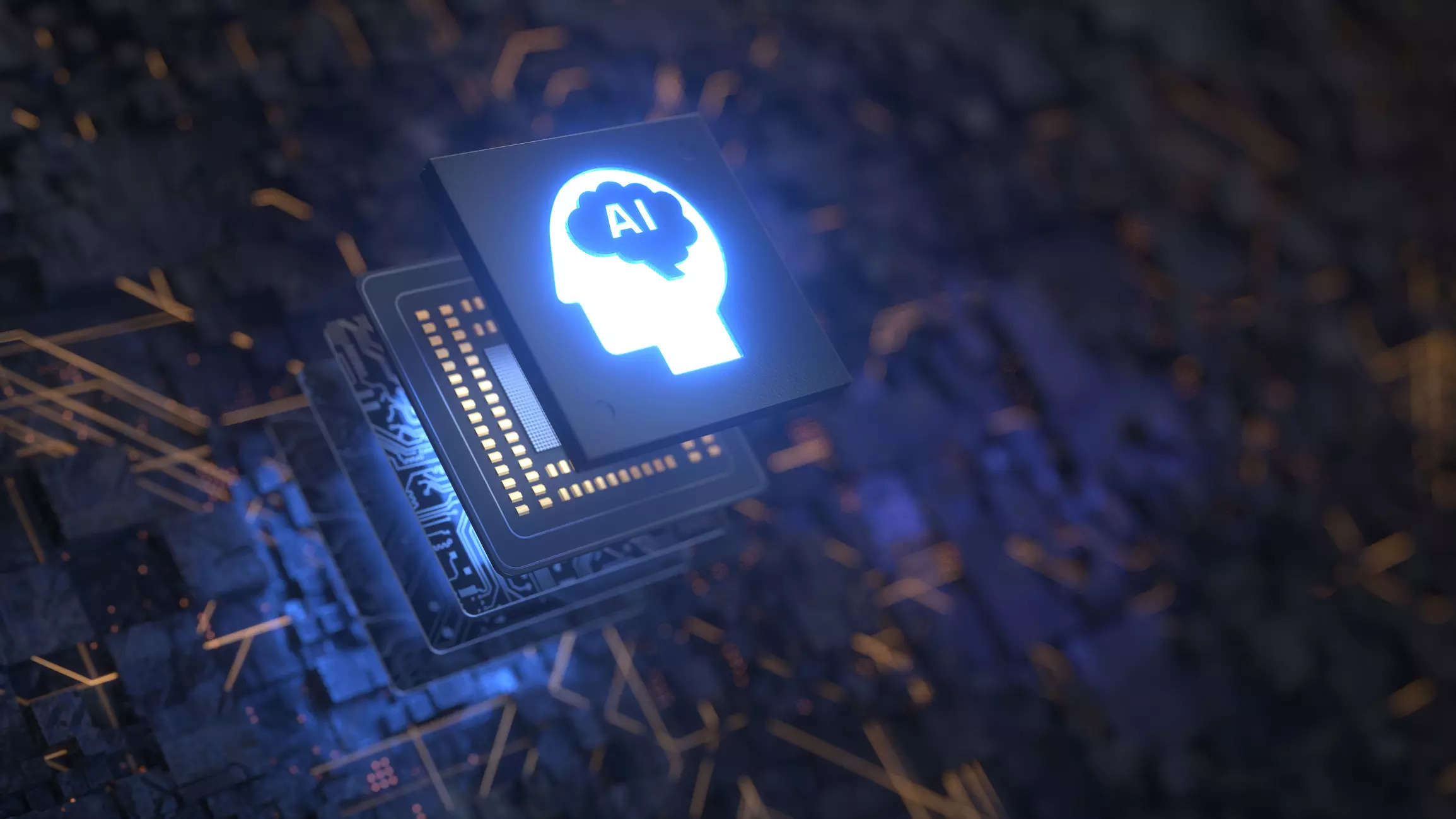How is AI protecting people and businesses by enhancing the accuracy of threat detection – Times of India
India has been experiencing a digital boom in recent years. We are one of the fastest growing markets for digital payments, with one of the highest numbers of Internet users globally. The digital ecosystem in the country has also been transformed by indigenous innovations in digital services, further accelerating digitization across the nation. But with growing digital presence comes increased risks of cyberthreats. Cybercrime is one of the biggest challenges the world faces today. In India alone, cyberattacks have increased manifolds in the last few years. According to the India Ransomware Report 2022 released by CERT-In, the country saw a 53 per cent increase in ransomware incidents in 2022 (year-over-year).
Artificial intelligence (AI) is revolutionizing the cybersecurity landscape and is taking threat detection and fraud prevention a notch up, especially when it comes to payments. AI-driven security methods can establish an automated and efficient way to prevent attacks before they happen. The traditional approach to cybersecurity failed to assess individual behaviours, as it involved rule-based detection systems that grouped consumers together based on predefined data such as location, purchase amounts etc. With the rapid rise in cybercrime and more sophisticated attacks, legacy systems have become less effective in detecting and preventing threats.
The power of AI lies in its ability to self-learn, ensuring flexibility and greater accuracy and allowing for the personalization of fraud detection. AI powered systems can mine historic and real-time data from a wider array of touchpoints, analyzing and monitoring thousands of transactions per second. This results in enhanced assessment of patterns and much improved threat detection without compromising on speed and customer experience. AI can provide more accurate modeling to predict future attacks and allow automated or semi-automated responses to attacks.
AI also reduces false positives that occur when a security system incorrectly identifies legitimate activity as a threat. In payments, ensuring lower false positives brings in benefits to both consumers and merchants. A lower false decline rate in transactions translates directly into greater merchant revenues and leads to better experience and reduced consumer frustration.
AI powered technologies are emerging as a strong shield against the rising number and complexity of cybercrime, especially in the last few years. Today, AI is making digital transactions and information exchange significantly safer and secure across Industries, while protecting consumers, merchants, and businesses.
Cybersecurity is no longer a luxury, but a necessity, and organizations must embrace and evolve with AI to safeguard the systems. The global market for AI-based cybersecurity products is estimated to reach $133.8 billion by 2030, according to a report by Acumen Research & Consulting. As digital transformation soars, AI will continue to play a critical role in defining the future of cybersecurity.
By: Joy Sekhri, Vice President Cyber & Intelligence Solutions, South Asia, Mastercard
Artificial intelligence (AI) is revolutionizing the cybersecurity landscape and is taking threat detection and fraud prevention a notch up, especially when it comes to payments. AI-driven security methods can establish an automated and efficient way to prevent attacks before they happen. The traditional approach to cybersecurity failed to assess individual behaviours, as it involved rule-based detection systems that grouped consumers together based on predefined data such as location, purchase amounts etc. With the rapid rise in cybercrime and more sophisticated attacks, legacy systems have become less effective in detecting and preventing threats.
The power of AI lies in its ability to self-learn, ensuring flexibility and greater accuracy and allowing for the personalization of fraud detection. AI powered systems can mine historic and real-time data from a wider array of touchpoints, analyzing and monitoring thousands of transactions per second. This results in enhanced assessment of patterns and much improved threat detection without compromising on speed and customer experience. AI can provide more accurate modeling to predict future attacks and allow automated or semi-automated responses to attacks.
AI also reduces false positives that occur when a security system incorrectly identifies legitimate activity as a threat. In payments, ensuring lower false positives brings in benefits to both consumers and merchants. A lower false decline rate in transactions translates directly into greater merchant revenues and leads to better experience and reduced consumer frustration.
AI powered technologies are emerging as a strong shield against the rising number and complexity of cybercrime, especially in the last few years. Today, AI is making digital transactions and information exchange significantly safer and secure across Industries, while protecting consumers, merchants, and businesses.
Cybersecurity is no longer a luxury, but a necessity, and organizations must embrace and evolve with AI to safeguard the systems. The global market for AI-based cybersecurity products is estimated to reach $133.8 billion by 2030, according to a report by Acumen Research & Consulting. As digital transformation soars, AI will continue to play a critical role in defining the future of cybersecurity.
By: Joy Sekhri, Vice President Cyber & Intelligence Solutions, South Asia, Mastercard
For all the latest Technology News Click Here
For the latest news and updates, follow us on Google News.
Denial of responsibility! NewsUpdate is an automatic aggregator around the global media. All the content are available free on Internet. We have just arranged it in one platform for educational purpose only. In each content, the hyperlink to the primary source is specified. All trademarks belong to their rightful owners, all materials to their authors. If you are the owner of the content and do not want us to publish your materials on our website, please contact us by email – [email protected]. The content will be deleted within 24 hours.


